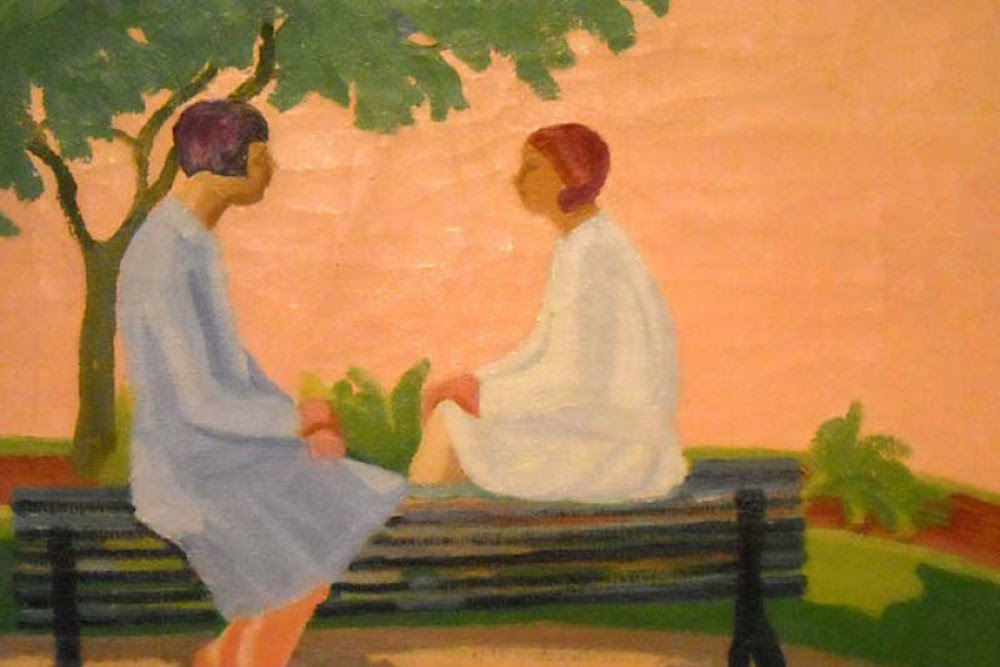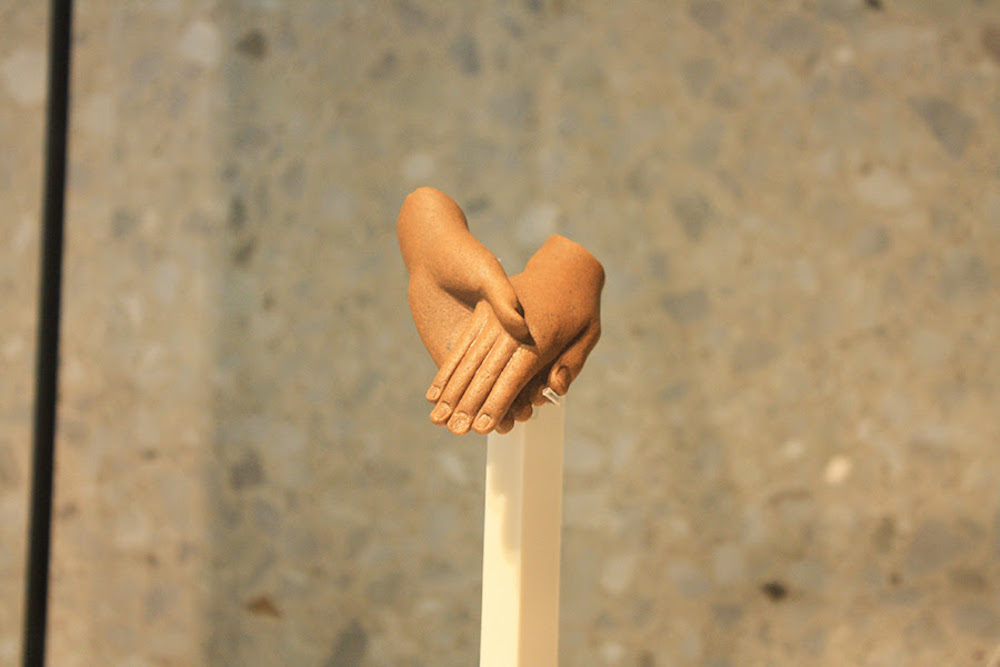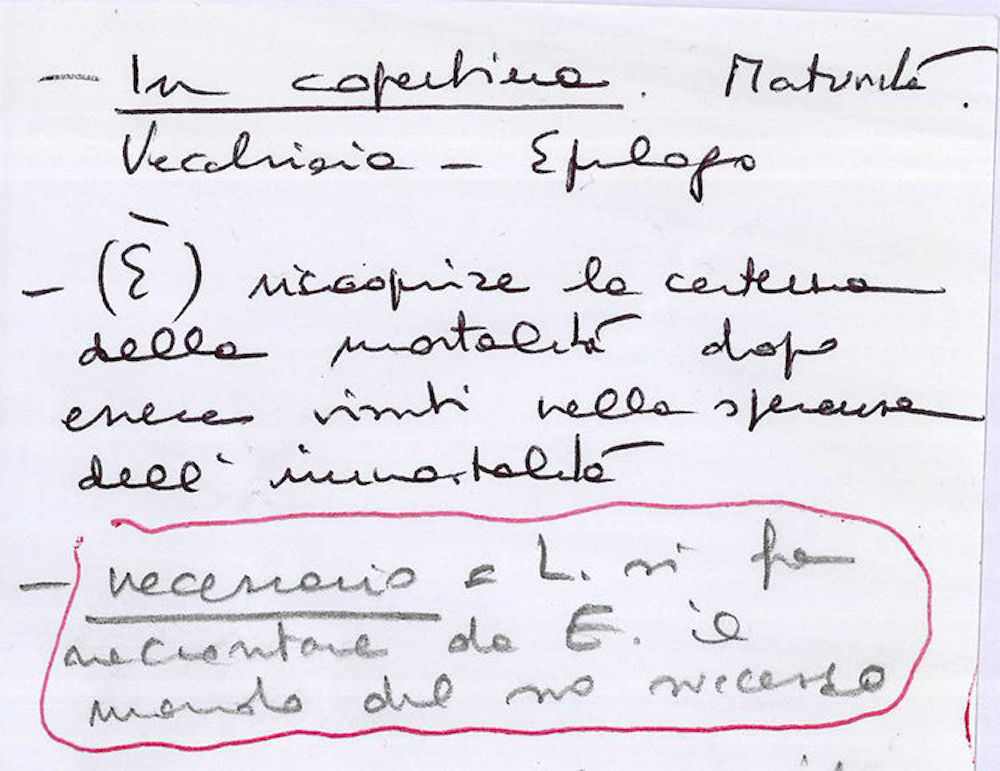Every week, the editors of The Paris Review lift the paywall on a selection of interviews, stories, poems, and more from the magazine’s archive. You can have these unlocked pieces delivered straight to your inbox every Sunday by signing up for the Redux newsletter.
This week at The Paris Review, we’re thinking about friendship, with its many complexities and joys. Read on for Elena Ferrante’s Art of Fiction interview, Ayşegül Savaş’s short story “Layover,” and Jana Prikryl’s poem “Friend.”
If you enjoy these free interviews, stories, and poems, why not subscribe to The Paris Review? You’ll also get four new issues of the quarterly delivered straight to your door.
Elena Ferrante, The Art of Fiction No. 228
Issue no. 212 (Spring 2015)
The Neapolitan Novels didn’t have to make their way like the other stories in the frantumaglia. From the start I had the sensation, completely new for me, that everything was already in place. Maybe that was the result of the connection with The Lost Daughter. There, for example, the figure of Nina, the young mother who fascinates Leda, was already central.
But it seems pointless to make a list of the more or less conscious connections that I see between my books. The theme of female friendship certainly has something to do with a childhood friend of mine, whom I wrote about some time ago in the Corriere della Sera, a few years after her death. That’s the first written trace of the friendship between Lila and Elena. And then I have a small private gallery—stories, luckily, unpublished—of uncontrollable girls and women, repressed by their men, by their environment, bold and yet weary, always a step away from disappearing into their mental frantumaglia. They converge in the figure of Amalia, the mother in Troubling Love—who shares many features with Lila, if I think about it, including a lack of boundaries.

Petrona Viera (1895–1960), Friendship, date unknown, oil on fabric, 23 5/8 x 23 5/8″. Public domain, via Wikimedia Commons.
Layover
By Ayşegül Savaş
Issue no. 234 (Fall 2020)
Lara was supposed to have breakfast with Selin, a friend from middle school who had a long layover in Paris. It was eight thirty, and Lara was frustrated not to have the morning to herself before teaching in the afternoon. She loved the early, luxurious hours when she was free to do anything she wanted, which often meant making coffee and going back to bed to read.
She hadn’t seen Selin in more than fifteen years, though they’d kept in touch a little over Facebook. Selin sometimes wrote out of the blue, having remembered an episode from their school years, or to ask how Lara was doing. Lara had moved to Boston for university, then to New York, before coming to France. Selin would write that she dreamed of visiting Lara in these places.
Lara didn’t see Selin when she went back to Istanbul. Her trips were short, barely enough time to see her parents and closest friends. She had nonetheless kept track of the general shape of Selin’s life: she still lived in Istanbul; she had a boyfriend who resembled her, with a thick mop of hair and a cartoonish smile; she posted photographs of her handicrafts, which received enthusiastic comments from other crafters.

Fragment of a statue discovered in Amarna, Egypt, in a group of statues representing Akhenaten and Nefertiti. Photo: Titlutin. CC BY-SA 4.0, (https://ift.tt/1rWN0uR), via Wikimedia Commons.
Friend
By Jana Prikryl
Issue no. 225 (Summer 2018)
Montaigne was right, without the body’s meddling love
is more thrilling.
Yet from the start in elementary what she did
with it was far
from irrelevant, her jeans, mascara, rings all
articulate.And she was always so pretty. Claire Birchall of
the yellow hair,
the twins at my birthday party came out and told me
I was unfair
for playing with no one but her. I said I was sorry.
I didn’t care …
If you enjoyed the above, don’t forget to subscribe! In addition to four print issues per year, you’ll also receive complete digital access to our sixty-eight years’ worth of archives.
from The Paris Review https://ift.tt/3tqxOZ7

Comments
Post a Comment